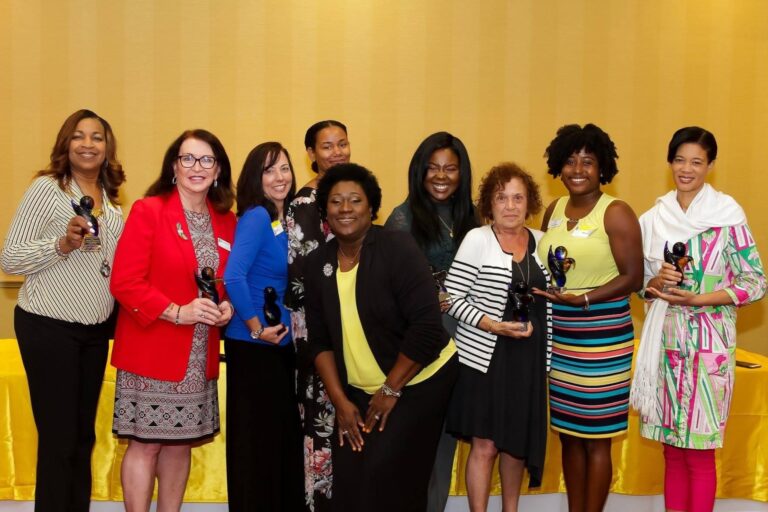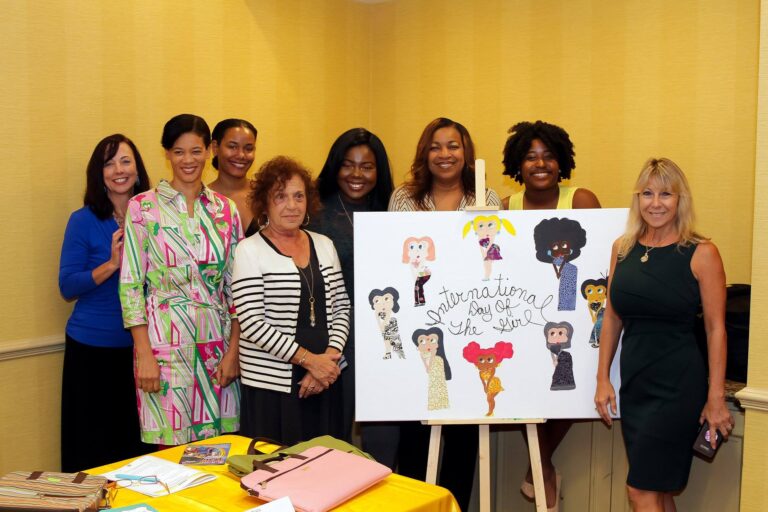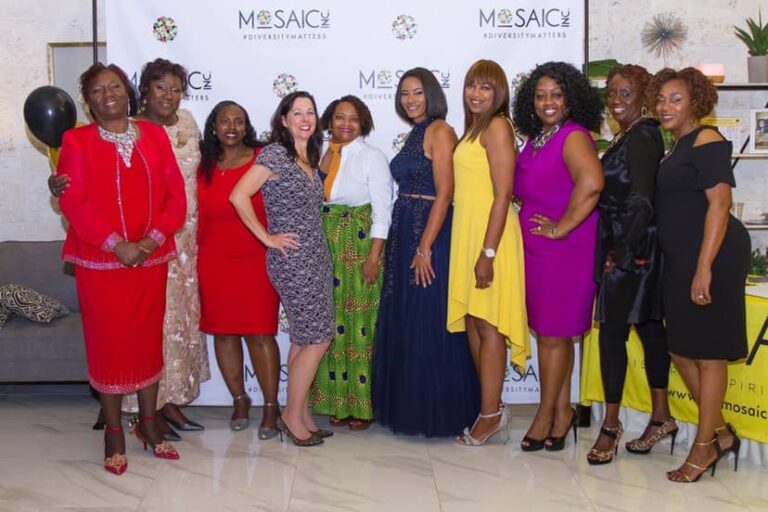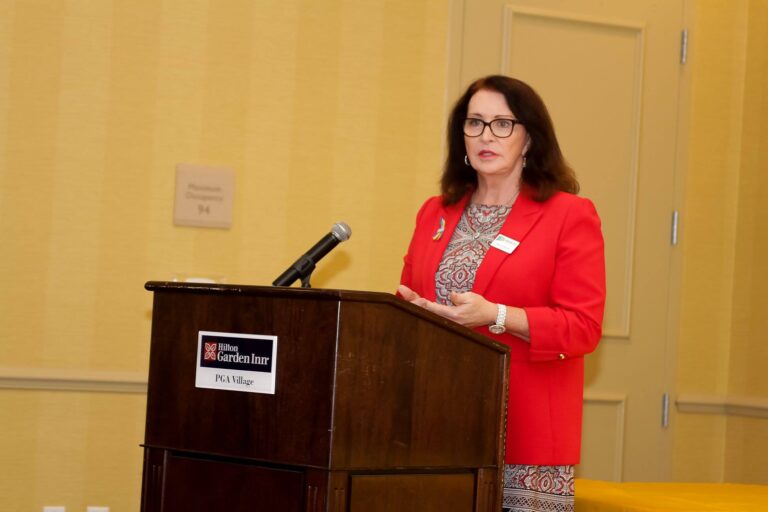In a society that often instructs women and young girls to prioritize being “nice,” it’s crucial to dissect the underlying implications of this seemingly benign directive and explore how embracing kindness can offer a more fulfilling, empowering alternative.
The NICE Trap
Neglecting (N) Inner (I) Confidence (C) and Esteem (E): This acronym reveals the more profound, often overlooked consequences of the cultural push for women to remain agreeable and accommodating at all costs. Studies and social observations suggest that girls are rewarded for being passive, pleasant, and compliant from a young age—qualities packaged under the guise of niceness. This social conditioning can lead to women neglecting their own needs and boundaries, which in turn diminishes their inner confidence and self-esteem.
A book written by Marjorie White Pellegrino, “Too Nice,” discusses the too-nice trap for a young girl. It is sometimes said that women who frequently exhibit agreeableness in scenarios where personal rights are challenged tend to report higher stress levels and lower self-esteem compared to those who assert their needs and opinions. This research suggests that the suppression of self that comes with striving to be universally liked can have significant emotional and psychological costs.
The KIND Approach
Keep (K) Inspiring (I) New (N) Directions (D): In contrast to the restrictive nature of niceness, kindness encourages a proactive stance towards personal growth and the well-being of others. It involves being considerate and compassionate, but not at the expense of one’s boundaries and self-respect.
Keep Inspiring: Kindness inspires action. When we act kindly, we do so from a place of strength and authenticity, setting a positive example for others and ourselves. This behavior fosters our personal growth and encourages a more compassionate society.
New Directions: Embracing kindness allows women to forge new paths. By acting with intention and compassion, we open up possibilities that niceness might close off. For instance, in leadership roles, women perceived as kind yet assertive are often more respected and influential than those who prioritize being liked above all.
Developing Esteem: Kindness cultivates an internal and external environment of respect and empowerment. Studies show that engaging in acts of kindness can boost serotonin and dopamine levels in the brain, improving mood and self-esteem.
Addressing the Roots: The Impact on Young Girls
The emphasis on being excellent starts early and profoundly affects young girls’ development. Research indicates that girls are often praised for being quiet and polite in educational settings, which can deter them from participating in class discussions or taking on leadership roles. A report from the American Association of University Women highlighted that this dynamic can contribute to a confidence gap that affects girls’ ambitions and self-image as they grow.
Encouraging young girls to be kind rather than merely nice can shift the focus from pleasing others to developing a strong sense of self and a caring interaction with the world. This approach nurtures leadership qualities and a robust understanding of agency, which is essential for personal and professional success.
Conclusion
The distinction between being nice and being kind may seem subtle, but it is profound. Niceness, rooted in self-neglect and the erosion of confidence and esteem, can limit women’s potential and fulfillment.
Conversely, kindness, grounded in authenticity and proactive compassion, can elevate our personal journeys and collective experiences.
As we guide the next generation of young women, let us advocate for kindness that empowers, inspires, and leads to new directions. It’s not just about being agreeable; it’s about being impactful and true to oneself. This shift is essential for creating a society where women can thrive as fully rounded individuals, celebrated for how agreeable they are but for how authentically they live and lead.








